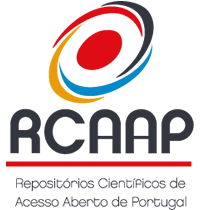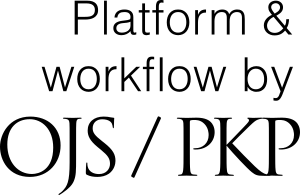Impact of baby-feeding practices on Portuguese children’s health outcomes: preliminary results
DOI:
https://doi.org/10.48797/sl.2024.256Keywords:
PosterAbstract
Background: Baby-feeding practices, including breastfeeding and formula milk, exclusively or combined, can have protective or harmful impacts on children’s health, such as respiratory infections, allergies, and other chronic diseases [1-3]. Objective: This study explores the association between baby-feeding practices (exclusive breastfeeding and its duration, exclusive formula milk, and combination of breastfeeding with formula milk and/or water with the timing of introduction) with the development of health conditions/symptoms. Methods: A structured survey was completed by 192 parents of children (5-10 years). In addition to baby-feeding practices information, data on children’s health conditions during the first two years of life (bronchitis, asthmatic bronchitis, bronchiolitis, and pneumonia) and until date (doctor-diagnosed asthma, sneezing attacks, eczema, and otitis) were collected. Associations were explored via univariate analyses, with findings presented as odds ratios (OR) and 95% confidence intervals (CI). Results: Around 58% (n=110/190) of mothers exclusively breastfed their children for 9.5±10.7 months. Among other mothers, 14.3% (n=11/77) used formula milk solely, and 85.7% (n=66/77) combined both. Children exclusively breastfed had lower odds of all conditions than others, except for pneumonia (OR=1.20; CI:0.28-5.17) with no statistical differences. A month increase in breastfeeding duration was associated with 6% lower bronchitis odds and 1.05 times higher sneezing attack odds (p>0.05). When comparing formula milk and combination feeding, children exclusively fed formula milk had 1.50 and 2.64 times higher odds of bronchitis and bronchiolitis, respectively, but 81% lower eczema odds (p>0.05), while combining both feeding practices was associated with 62% lower bronchiolitis odds and 5.39 times higher eczema odds. Minimal impact was found on otitis (OR=0.99; CI:0.26-3.75), while its odds were 1.08 times higher per month increase in the age of formula milk introduction. Conclusions: These preliminary findings suggest an overall protective impact of exclusive breastfeeding over formula milk, with a positive influence of combining them on early-in-life conditions.
References
1. Chong, H.-Y., et al., Exploring the potential of human milk and formula milk on infants’ gut and health. Nutrients, (2022). 14(17): p. 3554.
2. Andresen, E.C., et al., Environmental impact of feeding with infant formula in comparison with breastfeeding. International journal of environmental research and public health, (2022). 19(11): p. 6397.
3. Kim, J.H., et al., Breastmilk feeding during the first 4 to 6 months of age and childhood disease burden until 10 years of age. Nutrients, (2021). 13(8): p. 2825.
Downloads
Published
How to Cite
Issue
Section
License
Copyright (c) 2024 Mariana Bessa Pinto, Georges Hatem , Ana Margarida Faria , João Paulo Teixeira , Klara Slezakova , Maria do Carmo Pereira, Carla Costa , Joana Madureira

This work is licensed under a Creative Commons Attribution 4.0 International License.
In Scientific Letters, articles are published under a CC-BY license (Creative Commons Attribution 4.0 International License), the most open license available. The users can share (copy and redistribute the material in any medium or format) and adapt (remix, transform, and build upon the material for any purpose, even commercially), as long as they give appropriate credit, provide a link to the license, and indicate if changes were made (read the full text of the license terms and conditions of use).
The author is the owner of the copyright.









